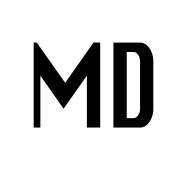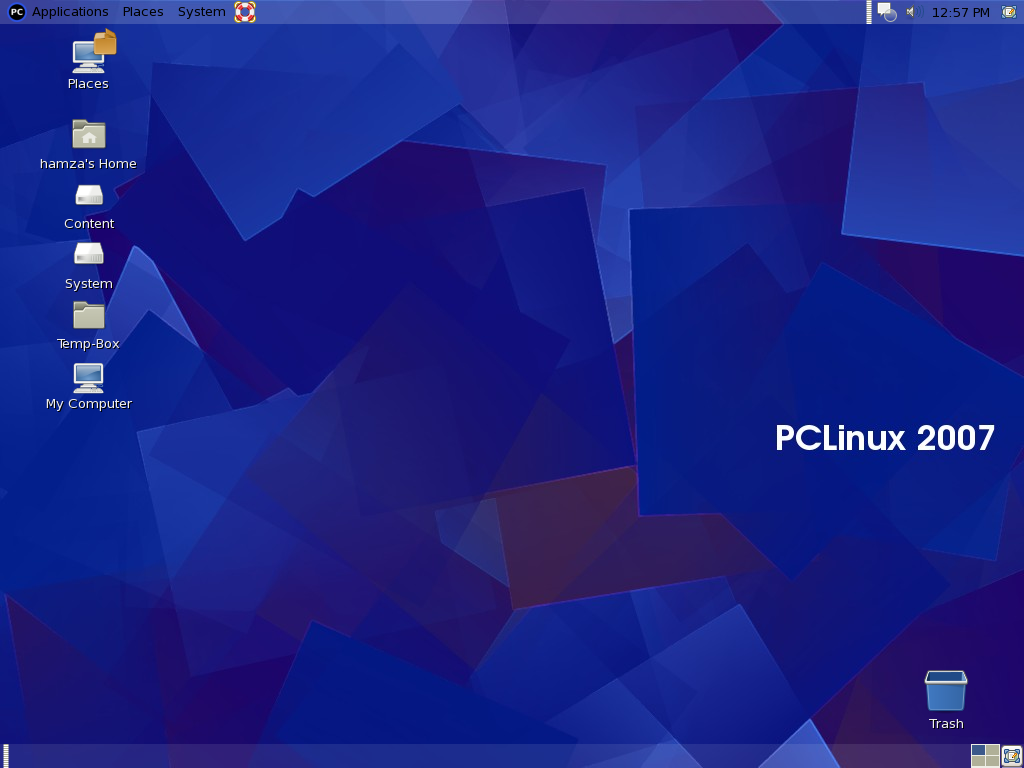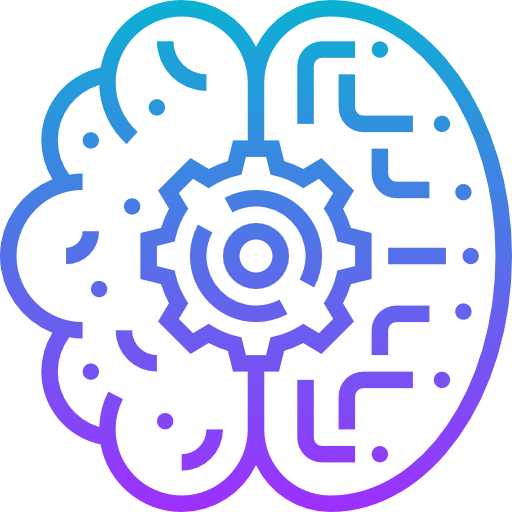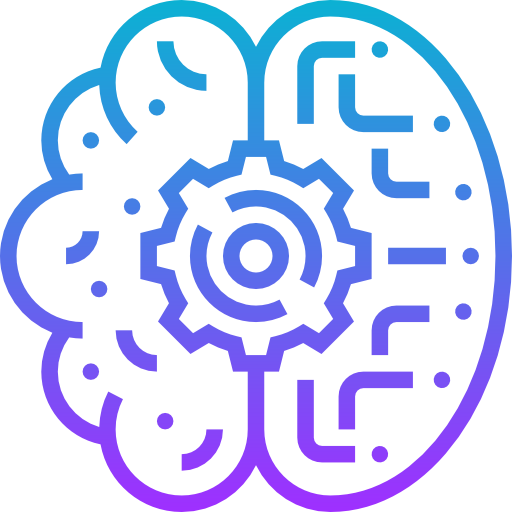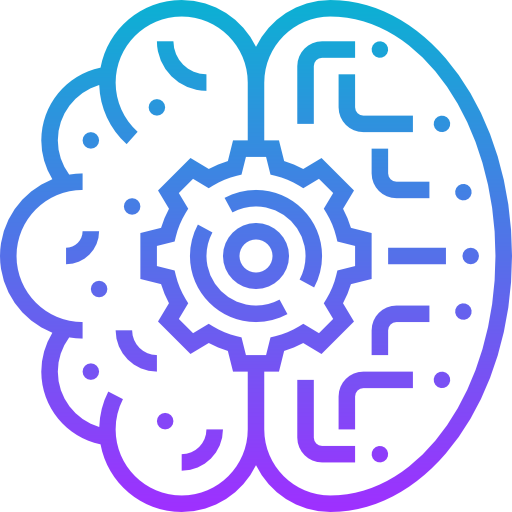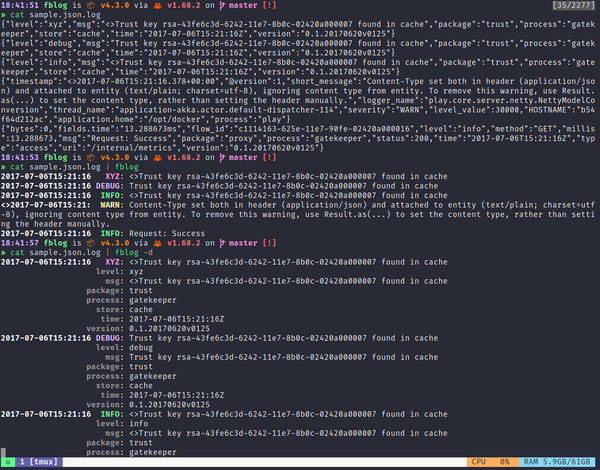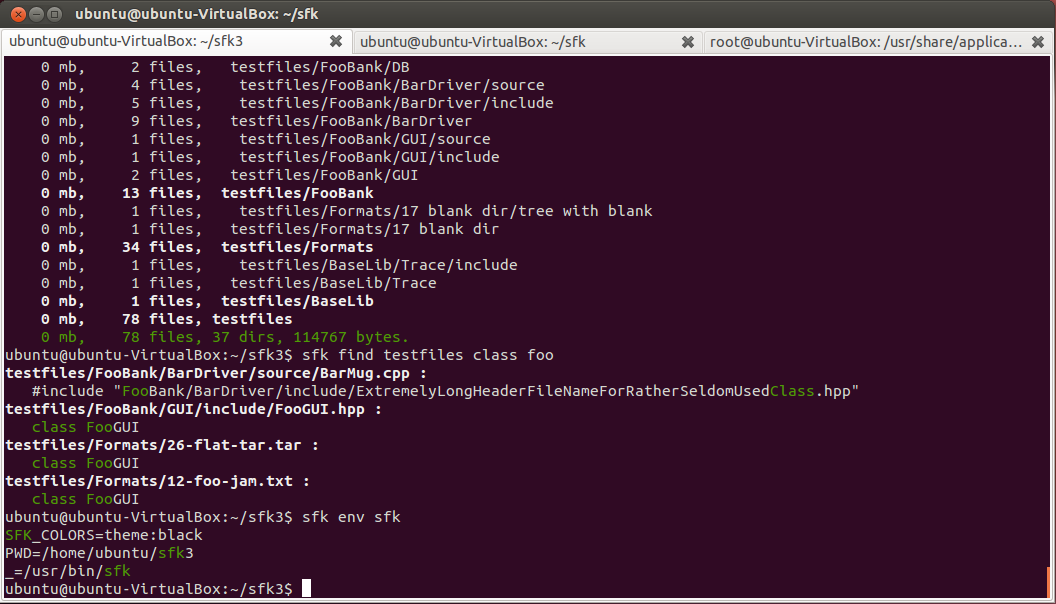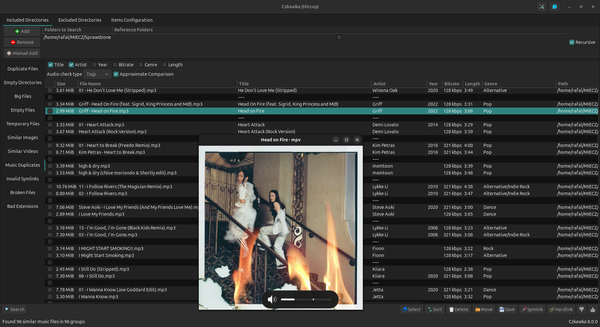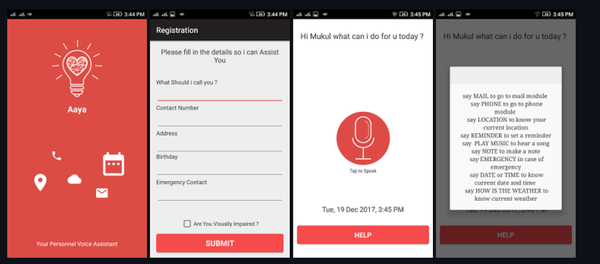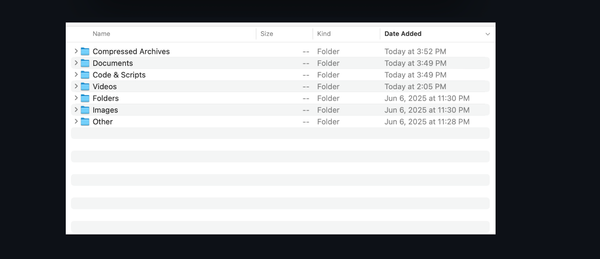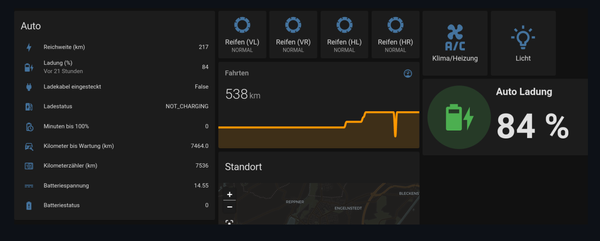Why I’m Hooked on Linux: How It Transformed My Life and Boosted My Brain (10 Hidden Wins)
Table of Content
Back in late 1998, I took my first steps into the world of Linux, and let me tell you—it changed everything. As a medical doctor by education, a developer by trade, and someone who loves teaching others (whether it’s coding or horse riding), Linux has been more than just an operating system for me; it’s been a mental game, a constant challenge that shaped how I think, solve problems, and approach life.
Over the years, I’ve tried so many distros—Slackware, Debian, RedHat, PCLinuxOS, Ubuntu, LinuxMint, Arch Linux, Manjaro, Solus, Deepin—the list goes on. But if I had to pick favorites, Slackware and Solus always stood out. They felt like home.

Linux taught me things no classroom ever could. It wasn’t just about stability, security, privacy, or customization—though those are all amazing perks. No, what really hooked me was the mental sport of it. Every time something didn’t work right, every time I hit a roadblock, I learned to dig deeper, search smarter, and figure it out.
That’s why I firmly believe anyone who hasn’t used Linux for at least 3-5 years is missing out on some serious problem-solving practice. You don’t just learn how to fix your computer—you learn how to tackle challenges head-on, whether they’re technical or not.
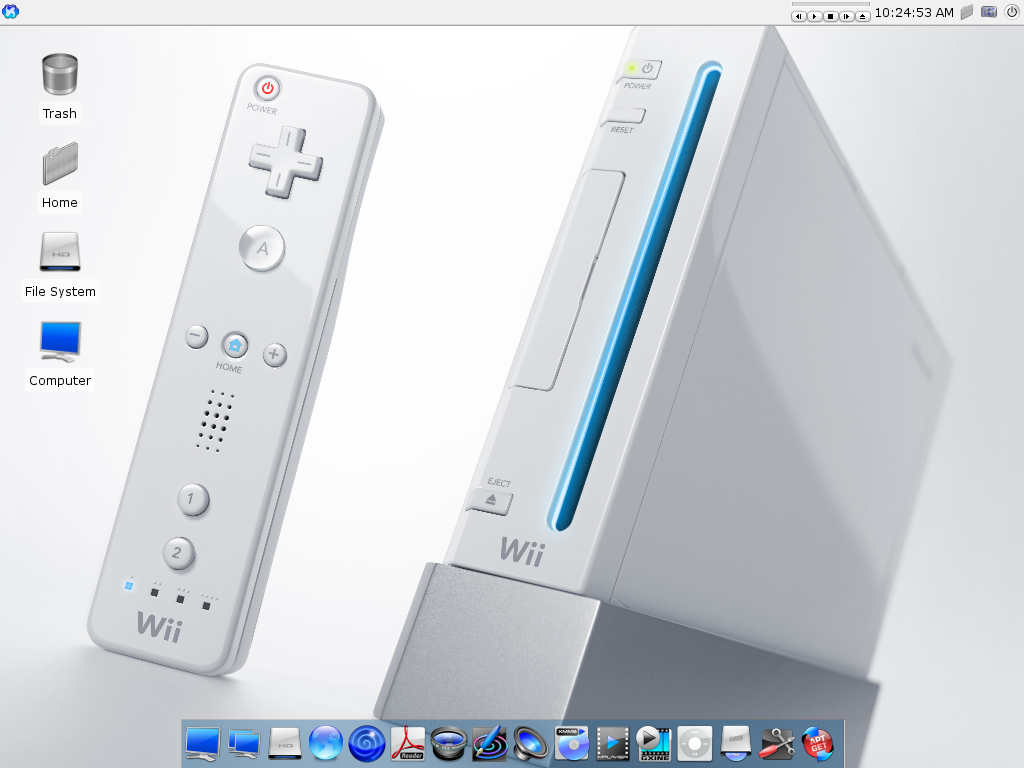
Kids <3 Linux
And here’s the kicker: this isn’t just for adults. One day, I met up with an old friend, and he told me his kids were using Ubuntu from a young age. I was blown away—not only because they weren’t complaining about “not having Windows,” but because these kids were already diving into programming, development, and even 3D design with Blender!
Watching them focus on creating instead of consuming made me realize how powerful Linux can be for kids and teens. It gives them tools to explore their creativity while teaching them valuable skills like critical thinking, patience, and resourcefulness.

Developer Stability
For developers especially, Linux is gold. The command line? Pure magic. Open-source software? A dream come true. Learning the internals of how systems work? Priceless. When you use Linux, you stop taking shortcuts and start understanding what’s under the hood. This mindset bleeds into everything else you do.
For example, when I’m debugging code or troubleshooting server issues, my ability to break down problems comes directly from years of wrestling with Linux configurations. And sure, there’s less gaming on Linux compared to Windows, but honestly? That’s a blessing in disguise. Less distraction means more productivity, more learning, and more growth.
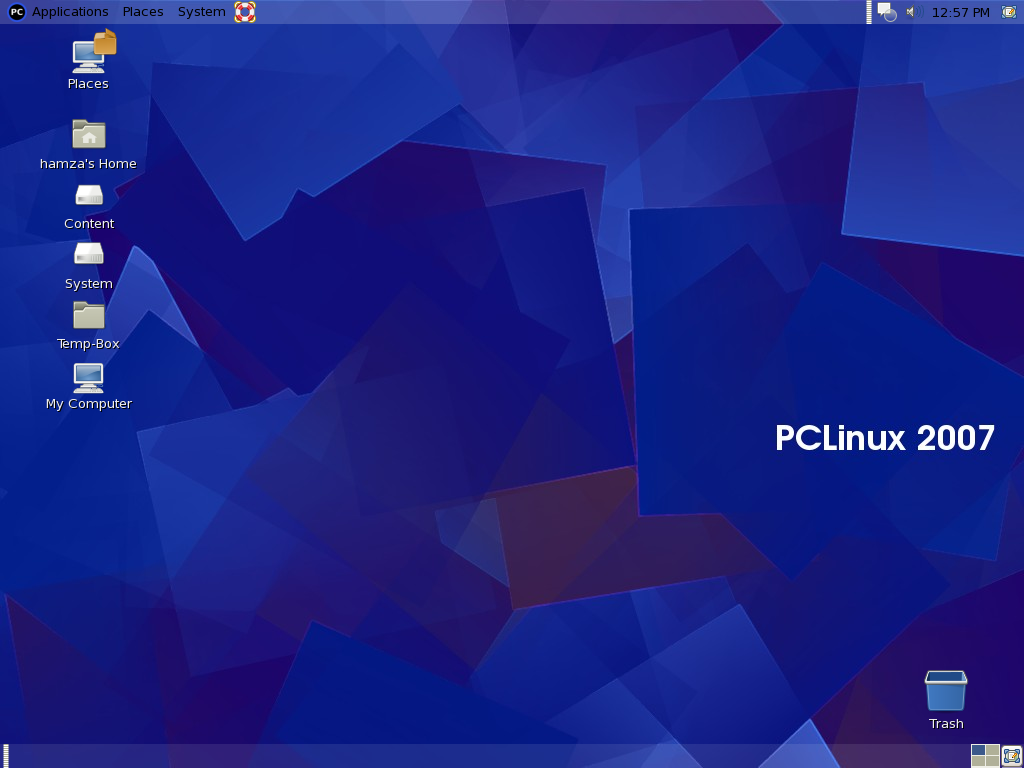
One thing I absolutely love about Linux is how it forces you to become better at searching for solutions. Gone are the days of blindly Googling random keywords. Using Linux teaches you how to ask the right questions, find relevant forums, read documentation, and piece together answers from scattered resources.
These skills aren’t just useful for tech—they apply to medicine, teaching, and pretty much any field where solving complex problems is key.
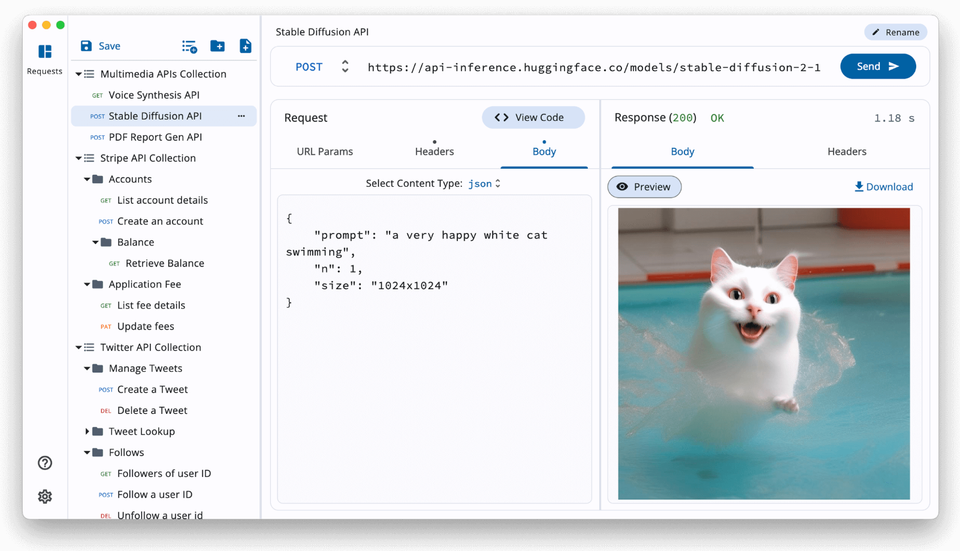
10 Hidden Advantages for Using Linux as your Daily Desktop
Linux isn’t just about the flashy stuff like customization or running on old hardware—it’s got these hidden gems that sneak up on you and make you better at everything. Here’s what I’ve picked up over the years:
- Continuous Challenge: Linux doesn’t hand you everything on a silver platter. It pushes back sometimes, but that’s the beauty of it. Every hurdle is a chance to grow smarter and sharper.
- Problem-Solving Muscle: Debugging a kernel panic or figuring out why your Wi-Fi driver won’t load? That’s basically brain yoga. You come out of it with ninja-level troubleshooting skills.
- Less Gaming, More Gains: Let’s face it—Linux isn’t exactly a gamer’s paradise (though it’s getting there). But hey, fewer distractions mean more time to actually do stuff. Productivity skyrockets when Steam isn’t calling your name every hour.
- Mental Sport: Using Linux feels like training for a marathon. It keeps your mind sharp, forces you to adapt, and rewards persistence. It’s not always easy, but man, is it satisfying when you win.
- Open Source Freedom: With Linux, you’re not just using software—you’re part of something bigger. You see how things work under the hood, contribute if you want, and truly own your tools. No black boxes here.
- Know Your Machine: Windows hides a lot from you, but Linux lays it all out. Want to know what’s eating your RAM or how your filesystem works? Dive in. Understanding the internals makes you unstoppable.
- Better Development Workflow: Whether it’s scripting in Bash, mastering Vim/Emacs, or setting up servers, Linux turns you into a dev powerhouse. The command line alone is worth its weight in gold.
- Command-Line Love: At first, typing commands might feel clunky, but once you get the hang of it, it’s pure freedom. Moving files, automating tasks, SSH-ing into remote machines—it’s fast, efficient, and oddly fun.
- Search Skills on Steroids: When something breaks in Linux, Google becomes your best friend. Over time, you learn how to ask the right questions, sift through forums, and find those golden nuggets of info. These search skills? They spill over into real life too.
All these little advantages add up to one big truth: Linux doesn’t just make you better at tech—it makes you better at thinking. And honestly, that’s priceless.
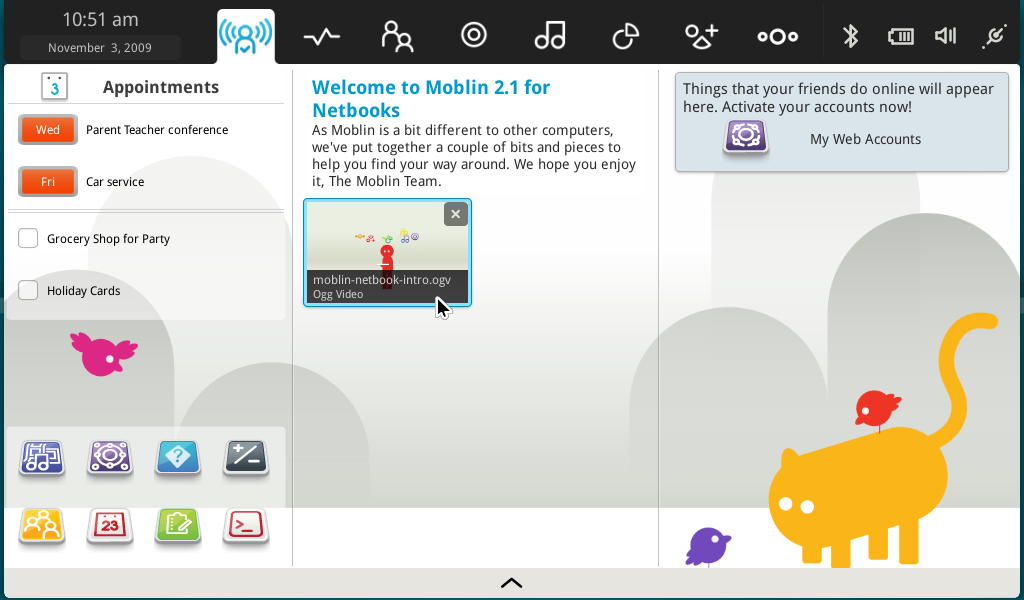
Final Thoughts!
Looking back, I can confidently say that Linux helped mold me into the developer—and person—I am today. It pushed me beyond my comfort zone, forced me to adapt, and gave me the confidence to face challenges head-on.
Whether it’s helping a fellow doctor set up a secure workstation, guiding a med school classmate through Python scripting, or showing teenagers how fun and rewarding open-source projects can be, I know Linux plays a role in every success story.
So yeah, if you haven’t given Linux a shot yet, you’re seriously missing out. It’s not just an OS—it’s a journey, a teacher, and sometimes even a frustratingly stubborn friend. But trust me, once you commit to it, you’ll never look at technology—or yourself—the same way again.
